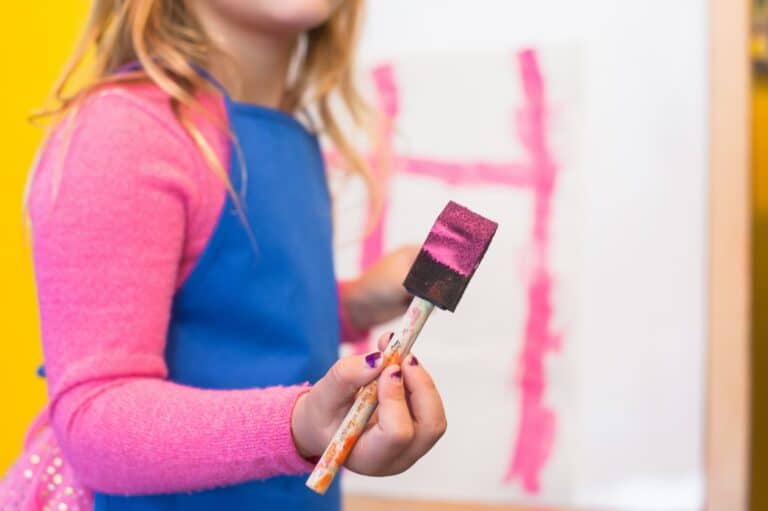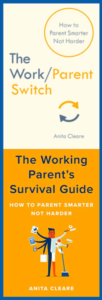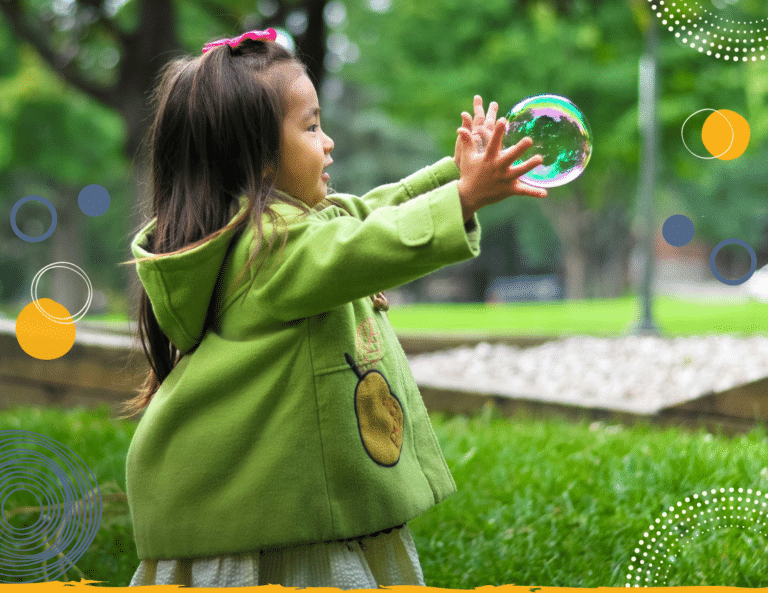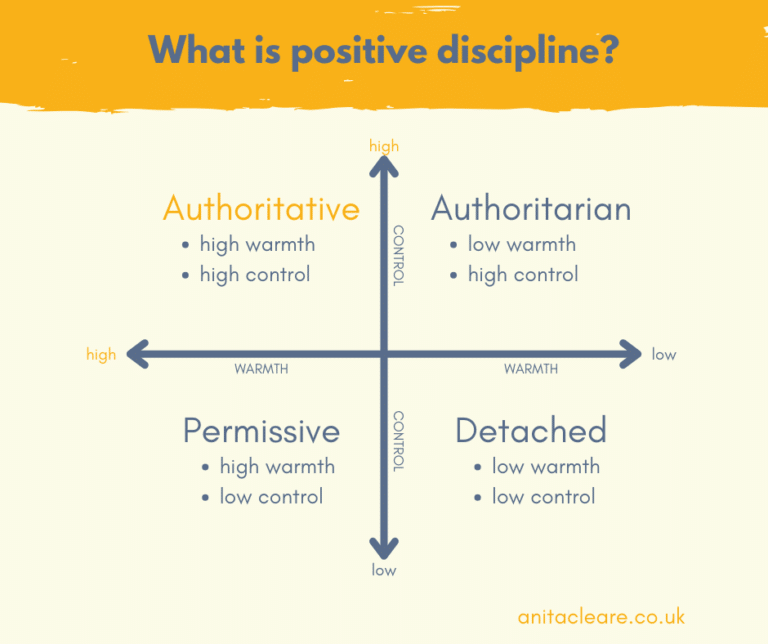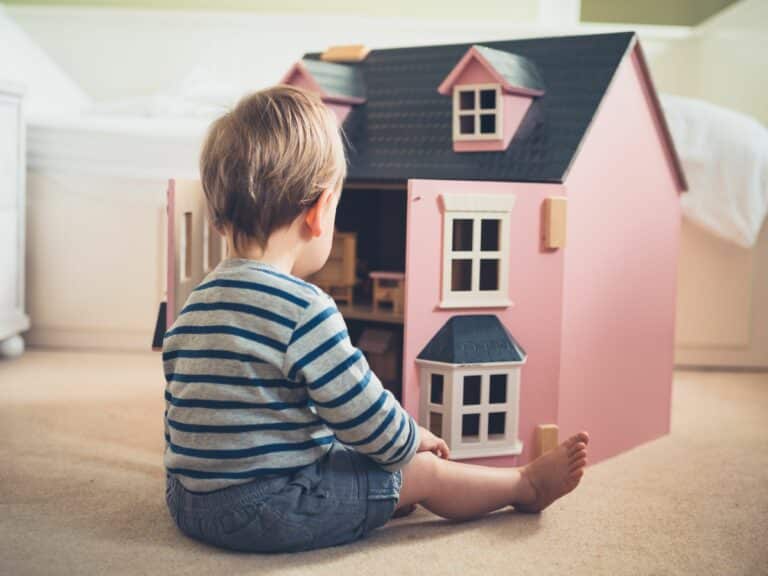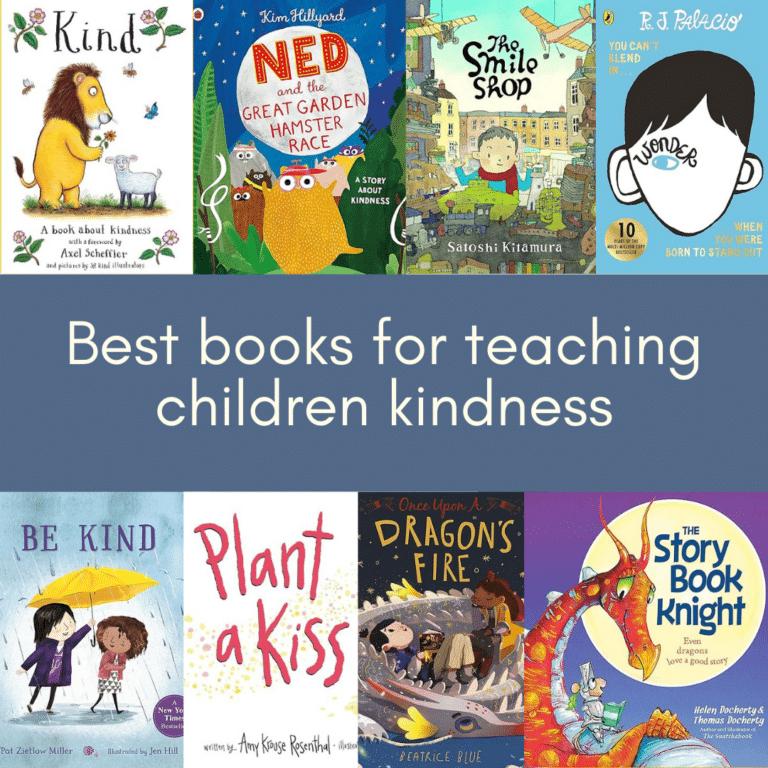What is free play and why is it important?
There has been a lot in the press recently about the role of digital technology in children’s lives and whether kids are becoming addicted to screens and smart phones. There is no doubt that children are spending more time on digital devices and from a much younger age. Exactly what the impact of that will be on children’s brains is still not fully understood. But what worries me most is not what the screens are doing to our children but what our children aren’t doing because they are on screens. And the biggest loser is free play.
Free play is a special type of play that is child-led and child-driven. During free play, children (not adults) choose what they want to do, how they want to do it and when they want to stop. It’s not an organised activity – think bored Sunday afternoons building dens out of sofa cushions rather than tennis lessons. Free play has no externally set learning goals, it is self-directed learning fuelled by fun and curiosity.
Why is free play important?
Play is the most important thing a child can do. Play builds children’s brains. Babies are born with a brain full of cells called neurons which look a bit like pieces of string. By interacting with their environment and having experiences, these neurons become associated together and link up into pathways which store knowledge and skills. Through repeated experimentation, children learn the fundamental principles of the universe – that water flows and objects fall to the ground, that some things fit inside other things and that pebbles sink. No matter how many times a child sees a plane on the TV (or travels in one), she will really learn how air holds up flying objects by tying her dolls to makeshift plastic bag parachutes and throwing them down the stairs…
Children need their opportunities for play to be as wide and as varied as possible so that they can interact with their environment in as many different ways as possible to get maximum learning and development. The more varied their play, the more flexible and adaptive their brains become. If children only have limited play, they miss out on the opportunity to build complex neural pathways.
How does screen time impact on free play?
The problem with tech use is that it tends to expand to fill all the available space (and more). It’s an easy and addictive boredom-filler. This can squeeze out the time that children have for free play. And because much of what children consume via screens is passive entertainment, they aren’t learning nearly as much from it as they would through real-world physical play. Tech use also tends to be sedentary and involves sitting still – which means that children are missing out on all the health benefits and physical skills gained through moving around.
How can parents encourage free play?
- Provide an interesting environment. An interesting environment for a child is not necessarily one that is full of toys. Children like novelty. A stimulating environment for a child might be one they’ve never been to. Or a familiar environment with new things in it. Fewer items often leads to better free play than a room full of toys!
- Get them outside. The outdoors is a naturally sensory-rich environment that is always changing. There are lots of things to look at, touch, smell and hear. The weather changes from day to day – there are puddles, snow, shadows, wind in the trees, mist… Creatures appear and move around, flowers come and go. The opportunities for learning and interaction are limitless!
- Rotate their toys. Focus on providing basic materials that can be used in lots of different ways – empty cardboard boxes, paper, string, pipe cleaners, a box of old clothes… Put some toys away every week and bring out others. (See What are the best toys to buy for children?)
- Stop saying “No.” All children need to get dirty and create a bit of havoc. They need to take risks and make mistakes and try again. Keep them safe, yes. But when you are tempted to say “No” to something they are doing, ask yourself why. Could you really not just let them get on with it and find their own learning?
- Set limits around tech use. Designate tech-free spaces in your home and tech-free times of the day/week. And set a good example – if you reach for your phone to fill spare minutes, your child will too.
What if children are bored?
Boredom is good for children! It’s like a blank piece of paper waiting for new ideas and new varieties of play. Teaching children to solve problems is the best thing we can do as parents. And boredom is a great problem to solve. So next time your child complains about being bored, instead of stepping in with a new activity, ask “That’s great. What are you going to do about that?”
READ NEXT: How play helps children’s mental health

